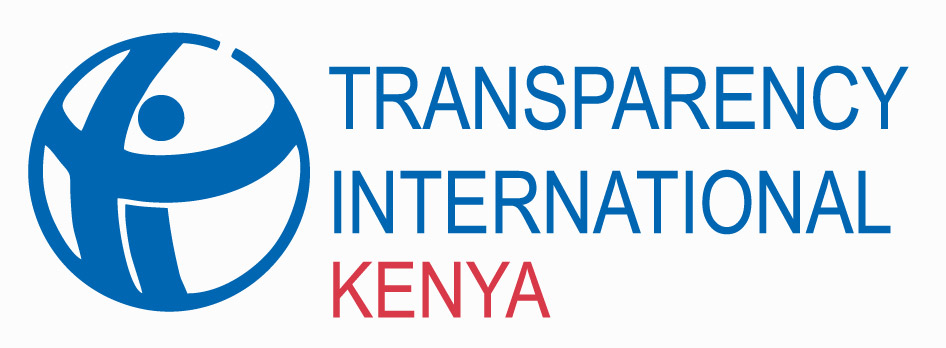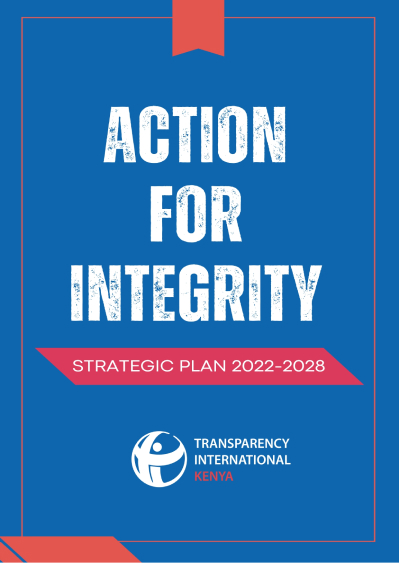SATURDAY 3RD – FRIDAY 9TH DECEMBER
THEME: Don’t Pass the Blame! Act on Corruption Now!
GOAL: Harness power of Active Citizenship to defeat corruption at all levels of society & government
EVENT BRIEFING NOTE
Introduction
United Nations Resolution No. 58/4 of October 31, 2003 declared December 9th the International Anti-Corruption Day (IAC). This day offers the government, leaders, anti-corruption agencies, civil society organisations, the private sector and interested citizens an opportunity to engage on corruption issues and advocate for transparency, accountability, integrity and better service delivery from public institutions.
The effects on people’s lives of deepening corruption and diminishing accountability by duty bearers has touched Kenyans singularly and collectively, undermining the ability of government to live up to its obligations to essential service delivery.
At the 7th State House Summit on Governance & Accountability held on 18th October 2016, president Uhuru Kenyatta declared that he had done all he could to fight corruption and passed the buck to frontline government institutions especially the Ethics & Anti-Corruption Commission (EACC), the State Law Office, the Directorate of Criminal Investigations (DCI), Office of the Director of Public Prosecutions (ODPP) and the Judiciary. In the absence of high level convictions in grand corruption, these frontline institutions have continued blame-trading that has characterised the lack of concrete results in the country’s struggle against corruption.
The National Integrity Alliance holds that good laws and robust institutions are by themselves insufficient to win the war on corruption in the absence of a new spirit of active citizenship across all levels of society and government. In order to Detect, Disrupt, Deter and Defeat corruption, allinterventions must seek to re-build integrity as a national value and covenant, put corruption accountability at the centre of politics and elections and resuscitate Chapter 6 of the constitution.
By publicly honoring anti-corruption warriors through the 2016 Integrity Champion Awards, this year’s popular celebration of the International Anti-Corruption Day seeks to inspire and unleash the positive power of Active Citizenship to Detect, Deter, Disrupt and Defeat acorruption at all levels of society and government. #INAWEZEKANA
Expected Outcomes
1. Increased citizen demand for action and results on old and emerging corruption cases;
2. Demonstrable results by frontline anti-corruption institutions through prosecutions, asset recovery and conviction of the corrupt;
3. Increased reporting, whistle-blowing on corruption to frontline State and non-State institutions;
4. Improved knowledge and capacity of citizens to Detect, Deter, Disrupt and Defeat corruption.
5. Increased citizen action to hold political leaders and public officials accountable at the ballot for corruption;


